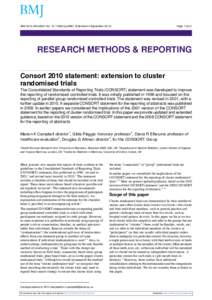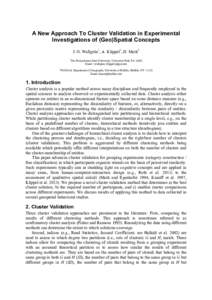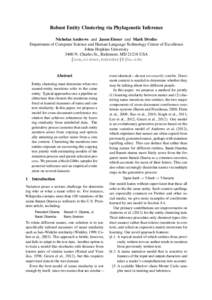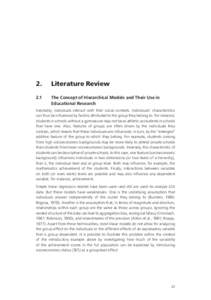<--- Back to Details
| First Page | Document Content | |
|---|---|---|
 Date: 2013-07-03 14:41:01Market research Survey methodology Stratified sampling Cluster sampling Standard error Variance Simple random sample General Social Survey Random sample Statistics Sampling techniques Sampling |
Add to Reading List |
 Calculating Design-Corrected Standard Errors for the General Social Survey, [removed]Steven Pedlow, NORC at the University of Chicago ([removed]) Revised – June 7, 2013 The General Social Survey
Calculating Design-Corrected Standard Errors for the General Social Survey, [removed]Steven Pedlow, NORC at the University of Chicago ([removed]) Revised – June 7, 2013 The General Social Survey 



